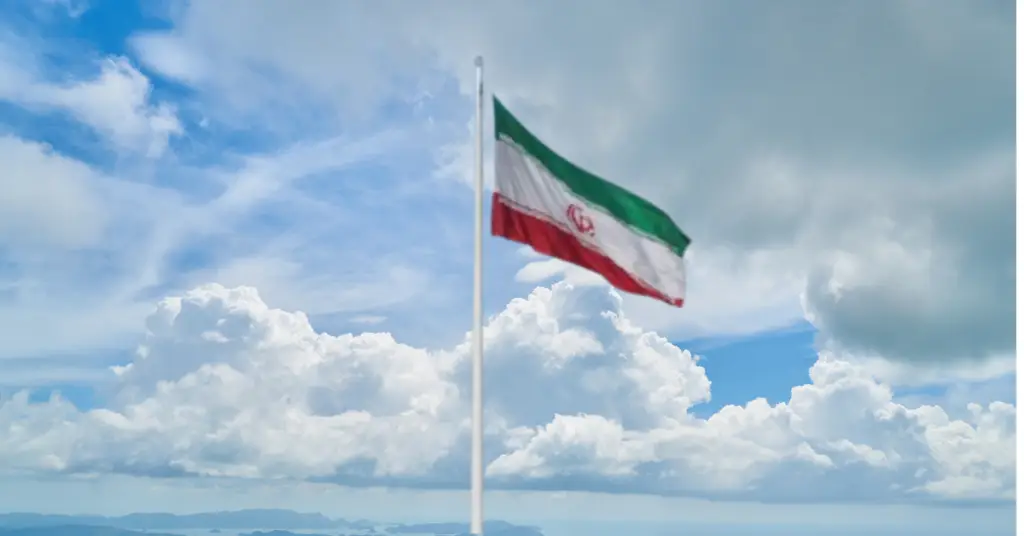India criticized the comments made by Iran’s Supreme Leader, Ayatollah Khamenei’s, regarding the ‘suffering of Muslims,’ labeling them as ‘misguided’ and encouraging countries to reflect on their own history.
Short News
- Iran’s Supreme Leader spoke about the ‘suffering of Muslims’ in India.
The comments were made during Prophet Mohammed’s birth anniversary.
India dismissed the remarks as unacceptable and misinformed.
On Monday, India firmly denounced remarks by Iran’s Supreme Leader, Ayatollah Ali Khamenei’s, concerning the alleged hardships faced by Muslims in the country. Khamenei made these statements during the celebration of Prophet Mohammed’s birth anniversary, focusing on the struggles of Muslim communities globally, including in India, Gaza, and Myanmar
In response, India’s Ministry of External Affairs (MEA) strongly dismissed the remarks, calling them “unfounded and unacceptable.”
“We deeply regret the comments made by Iran’s Supreme Leader regarding the treatment of minorities in India. These statements are baseless and not acceptable,” the official MEA statement declared.
The ministry also urged nations making such critiques to reflect on their own human rights practices before pointing fingers at others.
“Countries commenting on minority issues should first assess their own track record before passing judgment on others,” the statement concluded.
INDIA-IRAN RELATIONS
India and Iran maintain strong bilateral ties, with no major disruptions in recent times. A central component of this relationship is India’s involvement in the strategic Chabahar port, where an Indian state-run company operates a terminal.
In May, Vice-President Jagdeep Dhankar visited Iran to participate in a condolence ceremony following the deaths of former Iranian President Ebrahim Raisi and former Foreign Minister Hossein Amir-Abdollahian.
In July, Union Minister Nitin Gadkari attended the inauguration of Iran’s new President, Masoud Pezeshkian, in Tehran.
Iran launches satellite, the first under President Masoud Pezeshkian: Report
- Iran successfully launches the 60-kilogram Chamran-1 satellite
- Local reports confirm ground stations received signals from orbit
- This marks Iran’s first satellite launch under President Masoud Pezezhkian
On Saturday, Iran launched a research satellite into orbit using a rocket developed by the paramilitary Revolutionary Guard, according to the state-run IRNA news agency.
The Chamran-1 satellite, weighing 60 kilograms, successfully entered orbit at 550 kilometers (341 miles) above Earth. The satellite’s primary mission is to test space-related hardware and software.
IRNA also reported that ground stations have received signals from the satellite.
The Guard’s aerospace division developed the solid-fueled Qaem-100 rocket, which carried the satellite, according to the report. Iran claims it has 13 more satellite launches planned.
While Iran has long aimed to send satellites into orbit, this marks the first launch under reformist President Masoud Pezezhkian, following the death of his hardline predecessor, Ebrahim Raisi, in a helicopter crash in May.
In January, Iran announced the successful launch of three satellites using a different rocket.
The West views this program as contributing to Tehran’s advancement of ballistic missile technology. The launch also takes place amidst rising tensions in the Middle East due to Israel’s ongoing conflict with Hamas in Gaza, fueling fears of a broader regional conflict.
The United States has previously stated that Iran’s satellite launches violate a UN Security Council resolution, urging Tehran to refrain from activities involving ballistic missiles capable of delivering nuclear weapons. UN sanctions on Iran’s ballistic missile program expired last October.
